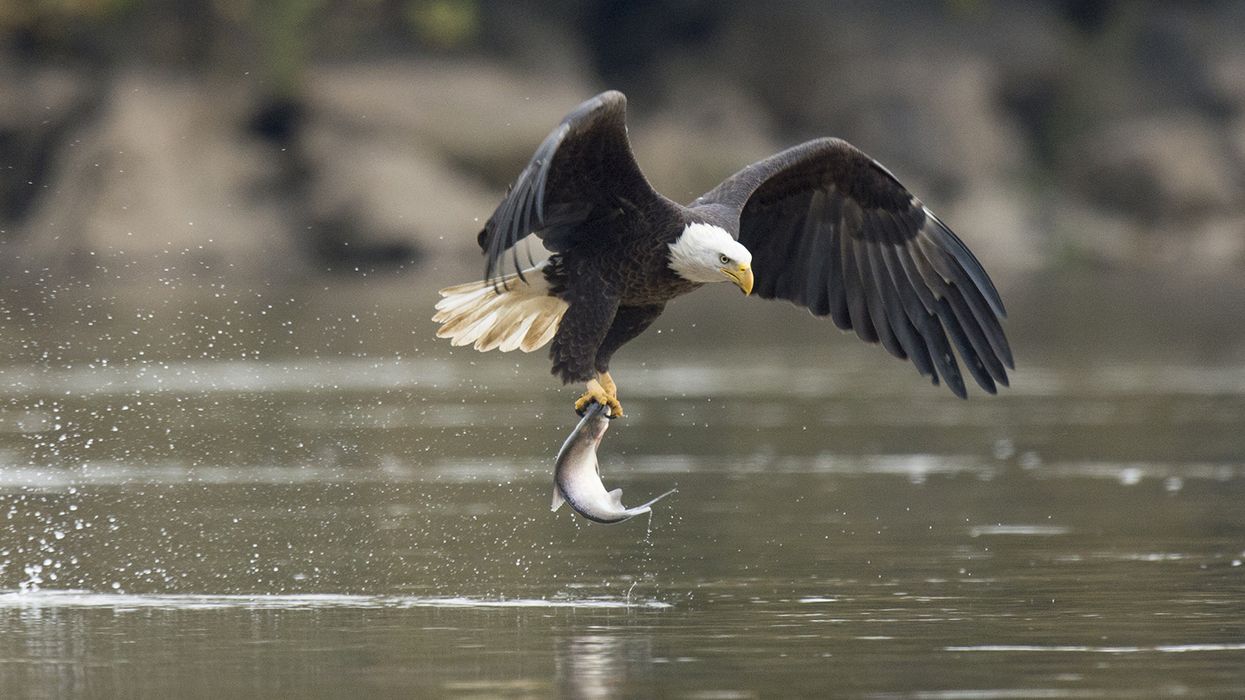Wisconsin-specific: Endangered and Threatened Species Laws


Many organisms serve great purpose for their surrounding environment. Certain organisms are declining and need laws in place to protect them. That’s where the federal and state government come in. The state of Wisconsin has their own endangered species law. Numerous species on the list are mussels. They help to filter harmful algae and bacteria from waterways. Certain moths and butterflies also make the list. They serve as crucial pollinators. No matter the size or type of species each has their own purpose and Wisconsin is doing its part to keep threatened and endangered species alive as much as possible. This Fact File explains Wisconsin’s endangered species law related to plants and animals and the possible violations that can occur if the law is not followed.
In 1972, Wisconsin passed a state endangered species law. Under the Wisconsin Department of Natural Resources (DNR), the state made rules and regulations and identified which species to protect. Congress passed the Endangered Species Act (ESA) in 1973. It was created with the purpose “to conserve the ecosystem upon which endangered and threatened species depend.” The law incorporates the Endangered Species Preservation Act of 1966 and the Endangered Species Conservation Act of 1969.
It is illegal to take, transport, own, process, or sell any wild animal on public or private property. According to the law, it is also illegal to remove, transport, or carry away a wild plant from the place where it is growing; or cut, root up, sever, injure, or destroy a wild plant on public land except for the subsequent activities:
There are particular plants that are called out as part of Wisconsin’s state endangered species law:
When it comes to Wisconsin endangered and threatened plants, if the state law is violated accidentally, the violator is subject to a fine up to $1,000. If the law is violated on purpose, the individual is subject to a fine up to $1,000 and/or nine months in prison.
It is unlawful to take, transport, own, process or sell any wild animal that is on the Wisconsin Endangered and Threatened Species List without a valid permit.
As with the plants, Wisconsin specifies actions related to certain animals:
When it comes to Wisconsin endangered and threatened animals, If the state law is violated accidentally, the violator is subject to a minimum fine of $500 and a maximum fine of $2,000. Also, the court shall annul all hunting privileges for one year. If the law is violated purposely, an individual may be subject to a minimum fine of $2,000 and a maximum fine of $5,000. Additionally, the person may be imprisoned for nine months or both. The court will annul all hunting privileges for three years.
While no one is exempt from these laws, an endangered or threatened species permit can allow you to conduct certain activities under specified conditions. The (DNR) may issue permits to take, transport, possess or export species listed as endangered or threatened for educational, zoological, scientific, or preservation purposes. Permitted species and related records are subject to inspection at any time. Permit holders must submit annual reports. Because of this, permit holders should keep precise records of any actions taken relating to the endangered or threatened species the permit holder possesses.
29.604, Wis. Stats - Endangered and threatened species protected
Ch. NR 27, Wis. Adm. Code - Endangered and Threatened Species
Ch. NR 29, Wis. Adm. Code – Endangered Resources Information Fees
“Wisconsin Endangered Species” means any species whose continued existence as a viable part of this state’s wild animals or wild plants is determined by the Department to be at risk based on scientific evidence.
“Wisconsin Threatened Species” means any species which seems likely, within the near future, based on scientific evidence to become endangered.
It’s important to keep in mind that federal law violations will result in larger penalties. And under the Endangered Species Act, all federally listed animals are protected from direct killing, taking, or other activities that may be detrimental to the species. Federally listed plants have similar protection, but the direct killing or taking prohibitions are limited to federal lands. Federal protection of plants also covers deliberate taking on any lands if it is done in violation of state law or criminal trespass laws.
State and federal threatened and endangered species lists are constantly changing. It is crucial that you stay up to date since the protection status of a species can change. Even the Wisconsin DNR is trying to keep up with federal changes which impact their own state protection. The Wisconsin DNR announced that they will refund the $10 application fee to those who applied for a wolf harvest permit for the Fall 2021 wolf season. There was a federal court ruling on February 10, 2022, that returns wolves in the lower 48 states to the Federal Endangered Species List. Under Wisconsin law, if the wolf is listed federally, the state is not sanctioned to implement a wolf harvest season. Implications of the rule include that permits allowing lethal removal of wolves issued to landowners facing wolf conflicts are no longer valid. Additionally, the training of dogs to track and trail wolves is not permitted. Keeping up to date with federal and state changes can help save you financial hassle and legal trouble.
